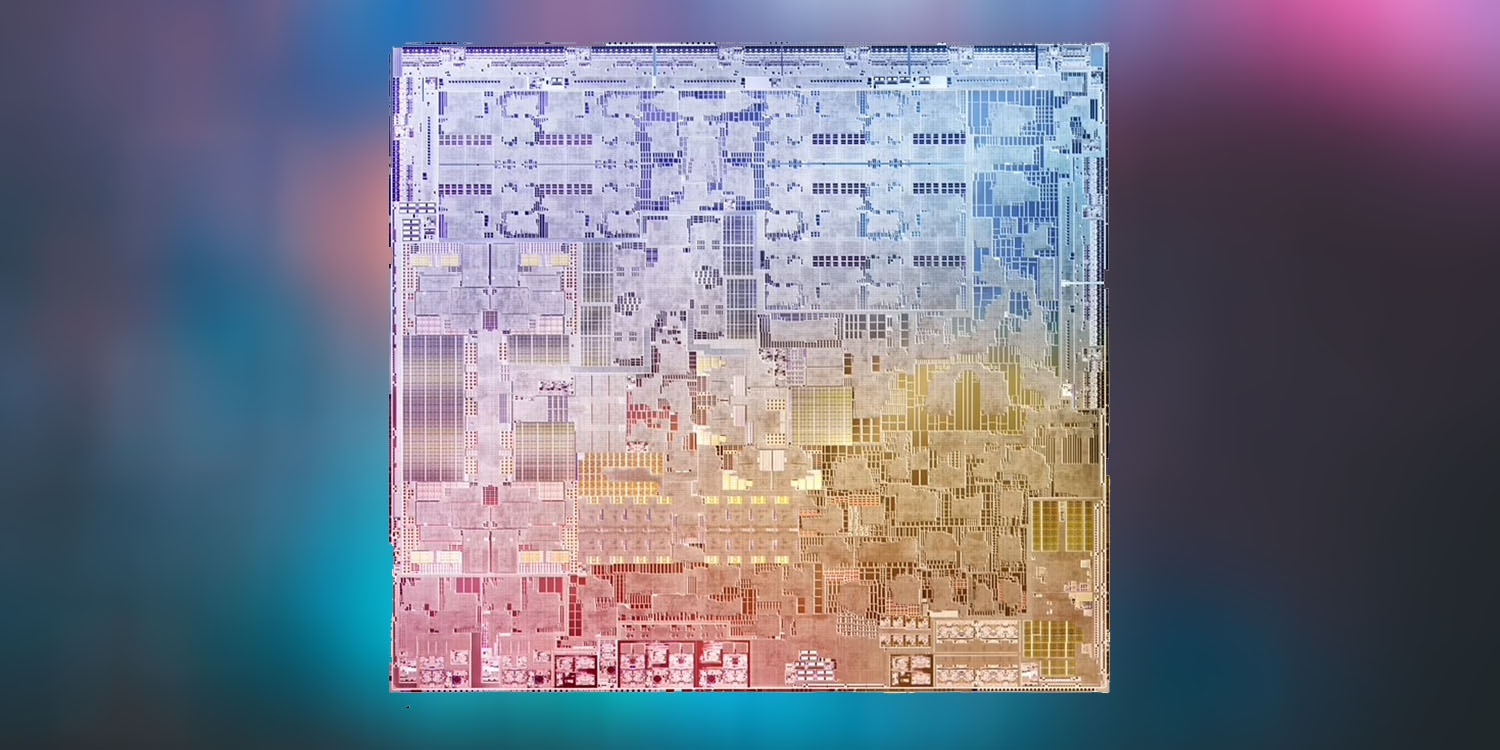
A supply chain report says that M2 chip production was completely halted during January and February due to limited demand for M2-powered Macs. This is believed to be the first time that Apple has ever suspended chip production for current-gen products.
Production resumed in March, but is reportedly at half the level of M1 chip production in the same period last year …
M2 chips
Apple announced the M2, M2 Pro, and M2 Max chips in January, available in new MacBook Pro and Mac mini models.
Apple’s latest generation MacBook Pro is now official. The upgraded 14-inch and 16-inch MacBook Pro models feature the new M2 Pro and M2 Max chips inside. Other updates include Wi-Fi 6E for the first time, upgraded HDMI with 8K display support, and more.
The M2 Pro chip found in the new MacBook Pro features an up to 12-core CPU and up to 19-core GPU. You can also add up to 32GB of unified memory. The M2 Max can go even further, including an up to 38-core GPU, double the unified memory bandwidth, and up to 96GB of unified memory […]
Apple today launched the new Mac mini lineup, available with M2 and M2 Pro chips inside. The M2 Pro chip packs in a 12-core CPU and 19-core GPU, with up to 32 GB RAM.
Compared to the previous-generation M1 Mac mini, Apple says the power of the M2 Pro delivers up to 2.5x faster performance in Affinity Photo, 4.2x faster ProRes transcode in Final Cut Pro and up to 2.8x faster gameplay in Resident Evil Village.
M2 chip production halted
The Elec reports the two-month hiatus in production. While Apple chipmaker TSMC is of course tight-lipped about production, the site was able to track production through other Apple suppliers who perform follow-up work on the chips before they are sent on to Mac assembly companies.
It was confirmed that Apple had completely halted production of the System-on-C (SoC) ‘M2 series’ on MacBooks from January to February.
Some production has resumed since March, but it has been found to be only half the level of previous years.
Taiwan’s TSMC did not send 5 nano-process M2 chip wafer workpieces to OSAT in January and February, according to the outsourced semiconductor package test (OSAT) industry on the 3rd. It is believed that it was because Apple requested to stop production as demand for MacBooks dwindled.
Top comment by Sinny
From what I can tell, the prices in Europe are outrageous. So much so that it doesn't even explain the exchange rates. The high prices could definitely cause a demand drop.
Amcona, which does packaging work on the chips, was particularly badly hit, as it lost orders for the two months, and was unable to do anything else with the spare capacity.
“The M2 line installed in the Amcona chip pack, the so-called ‘Apple line,’ makes it impossible to do other packaging work,” an industry official said.
This was supported by checking production of materials used in the production of M2 chips.
A rough time for Mac
This ties in with Apple’s Q1 earnings, which saw Mac revenue fall dramatically from $10.85B in the final quarter of 2021, to $7.74B in the same quarter last year. Apple CEO Tim Cook commented at the time on the “difficult” situation.
We had a difficult compare because this time last year, we had the extremely successful launch of the redesigned M1 MacBook Pros. We also faced a challenging macroeconomic environment and foreign exchange headwinds.
The [PC] industry is very challenged […] the industry is contracting […] Strategically, I think we’re well-positioned in the market, albeit I think it will be a little rough in the short term.
The point about M1 versus M2 is of course well made – but to completely halt M2 chip production for two months does suggest that demand was significantly lower than Apple had anticipated.
FTC: We use income earning auto affiliate links. More.





Comments